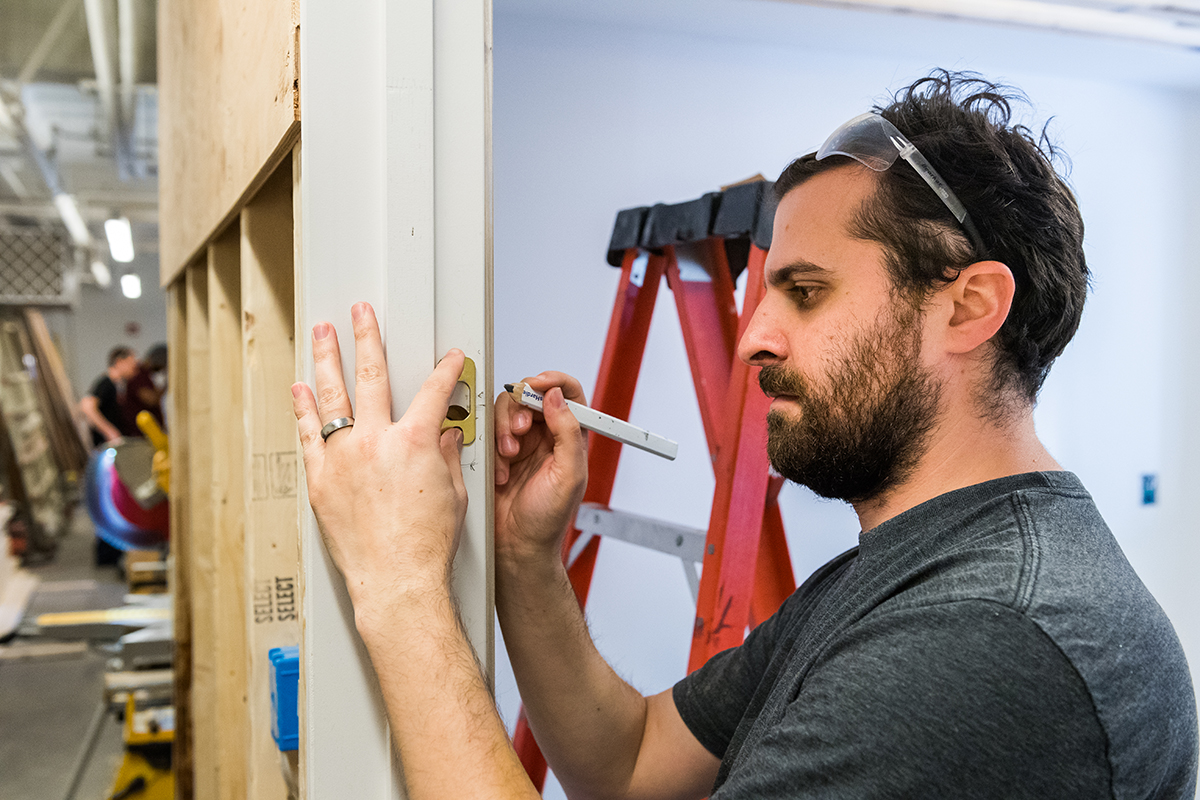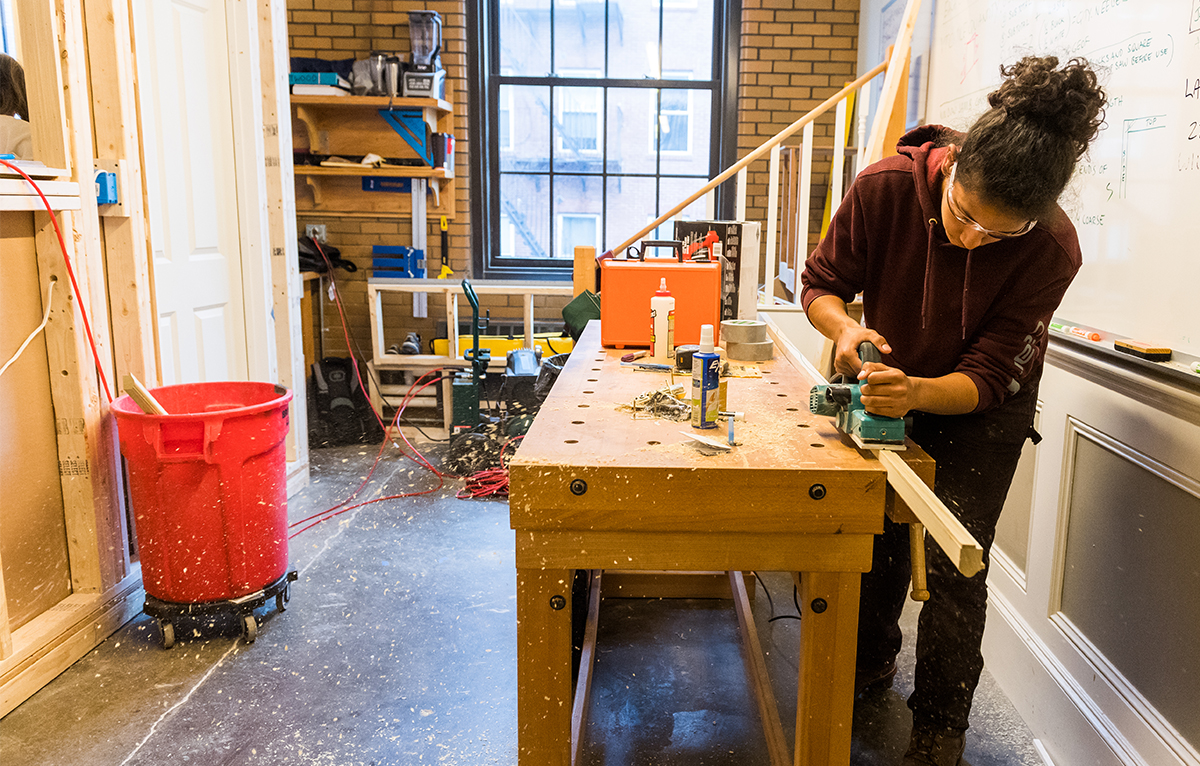Ending the Trade School Stigma

In the news article “The Stigma of Choosing Trade School Over College,” The Atlantic takes a look at two divergent paths for post-secondary education in the U.S. How did one become the better option? Why do we devalue certain jobs or entire industries? And what are the facts relative to return on investment, employment, and “future-proofing” one’s career?
Enrollment in Technical Schools on the Rise
There was a decline in vocational education during the 1980s and 90s, as fewer (mostly) manufacturing jobs were needed each year, and academic institutions took on a greater role. Over time, these pressures resulted in a shortage of skilled tradespeople, whether manufacturing, construction, creative, or other sectors. The imbalance of supply and demand meant high-paying skilled jobs were sitting empty, while new college grads lined up for roles that barely paid their student loan bills each month.
Today, the trend is changing however. Owing to greater awareness of the need for skilled labor, more high school students are turning to technical schools in order to continue their education. According to the National Center for Education Statistics, trade school enrollment rose from 9.6M in 1999 to 16M in 2014. This number will only increase over time, especially as workers retire and there’s no bench of young talent to replace them.
Heavy College Debt
As the Atlantic points out, a four-year degree just doesn’t make sense to a lot of students. The cost of tuition alone is enough to give pause to those considering traditional four-year universities, not to mention housing, books, supplies, and so on. With the majority of college students needing loans to finance their education, the return on investment is increasingly questioned.
Validating this, the Federal Reserve reported that in 2018 there was $1.5 trillion in student-loan debt, with 4 out of 10 adults under the age of 30 are affected by this burden. So, do potential earnings offset this debt? Many don’t believe so. According to a survey by The Atlantic, “Only two-thirds of those degrees think that the debt was worth it for the education they received.”
Specialized Training
Vocational education is a smart alternative to a degree from a college or university. Whereas a bachelor’s degree is often in a broad-based subject matter, specialized training is the hallmark of skilled labor. Waking up to this reality, The Atlantic piece highlights several “last mile” programs at technical schools that are offered to provide focused training for college graduates.
Outsourcing
Those deterred from technical schools could be stifling not only their financial growth but also future job security. Consider the problem of the current trend in outsourcing. Technical jobs like computer programming are being farmed out to agencies in less expensive pockets of the U.S., and in other countries. But remember, when building a house or working on some other tangible item, a carpenter or maker will have to be present. Such work simply can’t be outsourced.
Wage Growth
Beyond job security, wages for labor industries are growing. The need for skilled workers in construction, manufacturing, and other vocation-based careers is urgent, and yet age-old stigma has only deepened the gap between supply and demand. The logical result? Skilled jobs that require industry-specific know-how are paying better than ever.
It’s true that those who graduate with four-year degrees have the highest earning potential as a group. But when you factor debt burden from student loans, and the focus of study—balancing out business versus liberal arts degrees, for example—the picture is less clear. Given that half of university students won’t graduate within six years, this leads to more time and money wasted.
A good life, built by hand
Often choosing a trade school education is looked down upon, whether this attitude comes from one’s parents, counselors, or friends. The perception is that the student couldn’t hack it in college, and so rather than two different paths, there came to be a “better than/worse than” judgment applied to the options. This simply isn’t the case.
We should recognize that a path to career success can (and often does) start with vocational training. No matter the stigma of the past, it’s clear that a viable path for job security, good wages, and career fulfillment can come from working with one’s hands.


